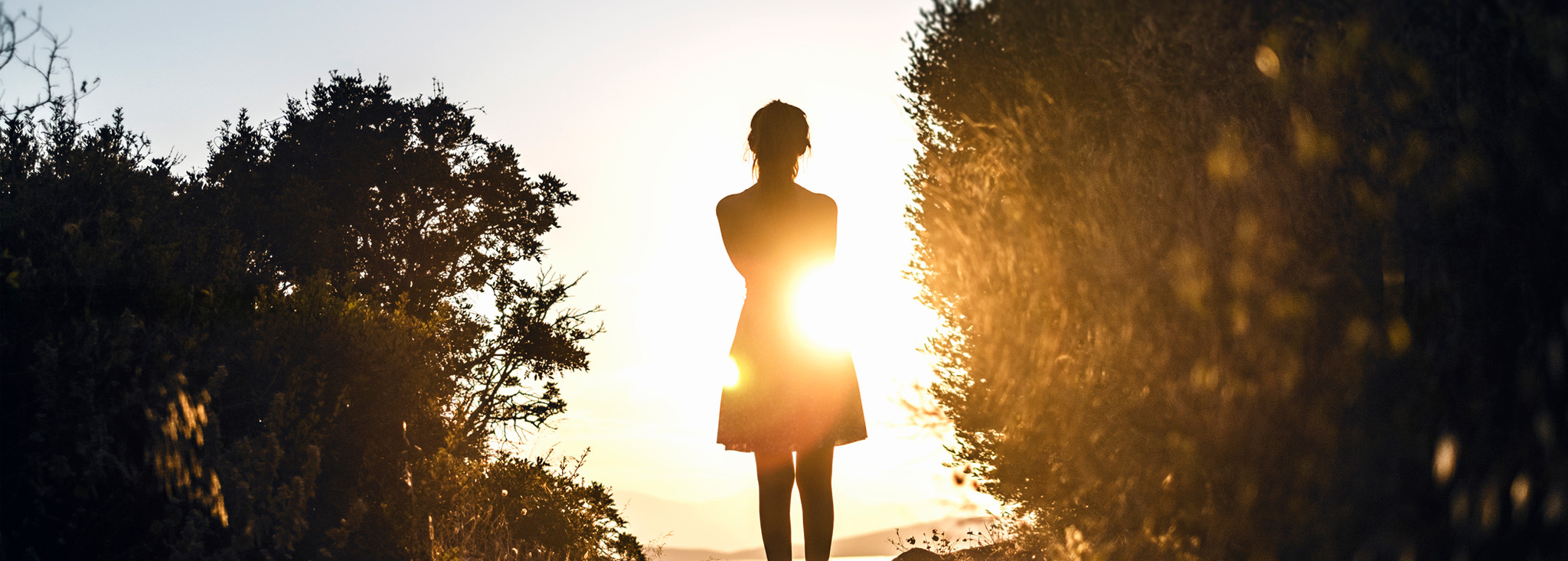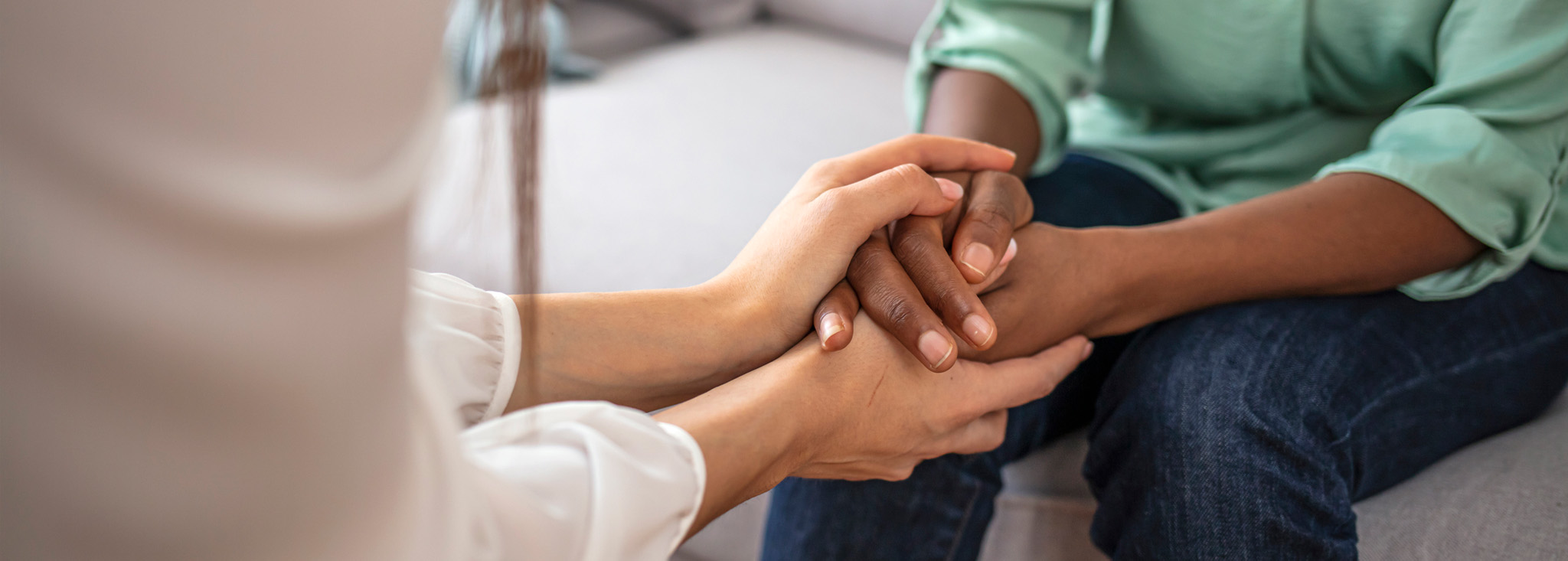When You Lose A Child, Grief Changes You Forever
Written by: Kathie Natzke
3 minute read
July 31, 2023
Editor’s note: This article was originally written in 2018 for Jesse Was Here. It may have been edited for length and clarity.
A little more than a year ago, my son Paul died unexpectedly. I’m sorry if that’s an abrupt way to start a story, but it was an abrupt way to start a day too.
I had no control over what happened that day or in those first days and weeks that passed. I went through the motions and did what I was supposed to do. I felt all the feelings and then some. I hugged everyone, signed paperwork, made decisions, cried, accepted help and I think I did it all with a decent amount of grace.
I wasn’t myself for quite awhile, but that was to be expected—after all, my son had just passed away.
For awhile, people asking me how I was doing didn’t expect an honest answer. They had that crinkle in their forehead when they asked, you know, the one that elicited unspoken pity.
They were asking how I was doing, but they knew full well that there was no chance that I could be anything but terrible—to be honest, that wasn’t true. I wasn’t always terrible. I was sad and the circumstances weren’t great, but a lot of the time I felt like I was doing OK.
At least as OK as was to be expected given my circumstances. But unless you knew me well, I never let all of that out. I often just simply said, “OK” and left it at that. Most people had already decided anyway. They didn’t really want to know.
Now that it’s been a year, I’m starting to get more genuine questions about how I’m doing. I think people are ready to ask because they’re not so afraid of the answer. They think that a year is enough time to recover. They think that I should be “better” by now, that I can get back to life the way it was.
They think I should be “me” again.
The truth is, I won’t ever be that me again. I don’t mean that I’ll never be happy or that I’ll never enjoy my life again. It is possible to be happy and sad at the same time, but that’s a discussion for another day.
I just mean that losing a child changes you on a cellular level. I lost a piece of me that day and losing that piece changed my soul. It changed how I think about things. It changed how I react to things—it changed who I am. So I won’t ever feel like I’m “me” again until I get used to who the new me is.
As I get more comfortable with who I am now, I hope that my friends who are waiting for “me” to return will take the time to get to know the new me. I’m more patient and kinder than I ever was before. I hope that I can carry these through in memory of Paul because that’s a truly beautiful thing that he’s shown me.
But I’m also more emotional, vulnerable and less motivated than I ever was before. I’m struggling with all of this and while this might be something that fades with time, I don’t see that happening any time soon.
I’ve heard people say that they’ve lost friends after suffering a significant loss. It’s not surprising really. We all change as we go through life. You lose touch with friends as you graduate, start different jobs, get married or have kids. But that’s usually gradual and you’re going through those stages at the same time as your friends are. Since you’re all going through the same things, it’s expected and understood.
When you lose a child, you’ve moved into a phase of life that others don’t understand and so they wait for you to rejoin them back where they are. Except you don’t. Because that’s not who you are anymore.
I guess it’s OK. I have to learn to like the new me because the old me died that day with my boy. The new me is similar, she’s still snarky and sarcastic and bold, but she’s also fragile and emotional and hopefully a little wiser.
For any other parent dealing with the loss of a child to type 1 diabetes, please check out our resources for parents and the supportive Jesse Was Here social community.

Author
Kathie Natzke
This piece was written by Kathie Natzke for the original Jesse Was Here site and recently transferred to the BT1 website.
Related Resources

Editor's note: This article was originally written in 2018 for Jesse Was Here. It may...
Read more

Editor's note: This article was originally written in 2018 for Jesse Was Here. It may...
Read more

Editor's note: This article was originally written in 2018 for Jesse Was Here. It may...
Read more

